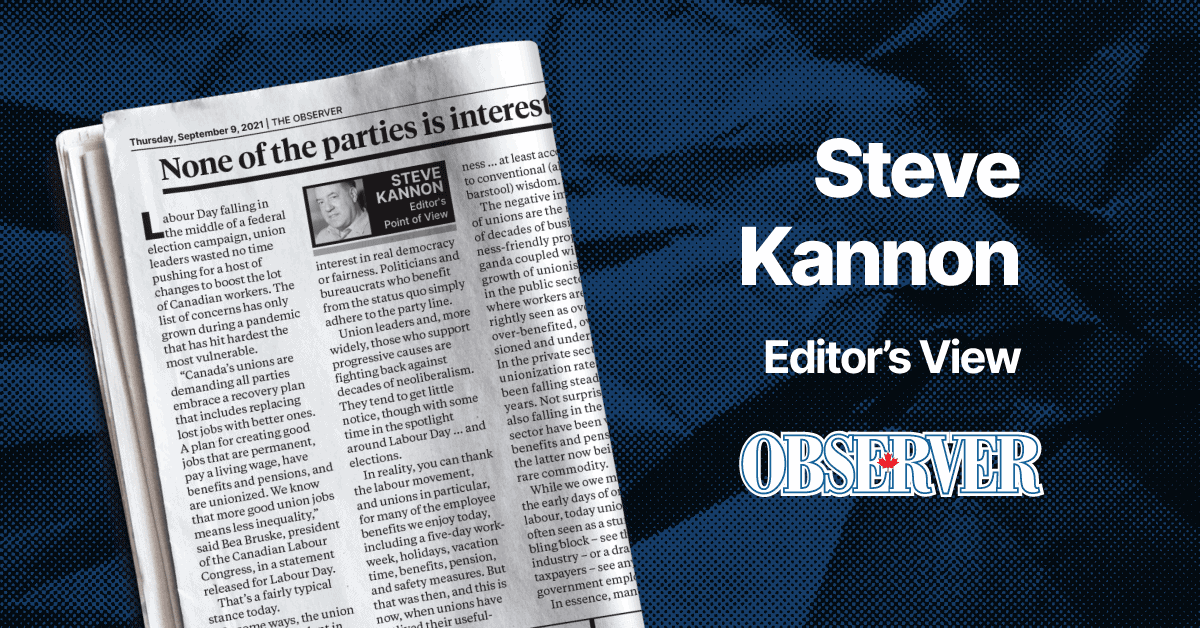;
;
;
Next Article
The View From Here: July 7, 2022

It’s perhaps a case of appearing supportive rather than actually being able to deliver, but Canada has pledged to help Europe move away from its dependence on Russian oil and gas. Prime Minister Justin Trudeau, attending a G7 meeting in Germany last week, suggested Canada could provide liquefied nat
Last updated on May 03, 23
Posted on Jul 07, 22
4 min read
